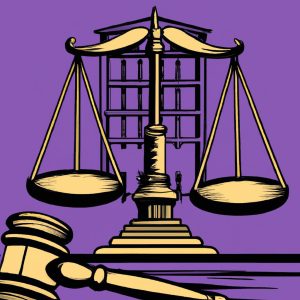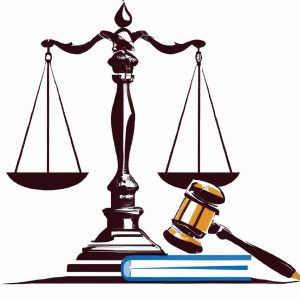Introduction to Estate Planning
Estate planning is a crucial process that involves making arrangements for managing and distributing your assets in the event of your death or incapacitation. In New York, having the right legal documents is essential to ensure that your wishes are carried out effectively. Here, we will explore the key documents involved in estate planning in New York.
Last Will and Testament
A Last Will and Testament, often referred to as a “will,” is one of the foundational documents in estate planning. It allows you to specify how you want your assets and properties to be distributed after your death.
Purpose and Importance
The Last Will and Testament serves several critical purposes:
- Asset Distribution: It outlines who will inherit your assets, including real estate, financial holdings, and personal possessions.
- Executor Appointment: You can designate an executor who will be responsible for carrying out the instructions in your will.
- Guardianship for Minors: If you have minor children, you can appoint a guardian to care for them in case both parents pass away.
Executor’s Responsibilities
When you create a will, you’ll need to specify the responsibilities of the executor, including:
- Gathering Assets: The executor is responsible for locating and collecting all your assets.
- Paying Debts and Taxes: Any outstanding debts, bills, or taxes must be settled from the estate.
- Distribution of Assets: The executor will distribute the assets as per your instructions in the will.
Revocable Living Trust
A Revocable Living Trust is another essential document in estate planning that can help streamline the transfer of your assets to beneficiaries while avoiding the probate process.
Understanding Trusts
A trust is a legal entity that holds and manages your assets during your lifetime and ensures a smooth transition of those assets to your chosen beneficiaries upon your passing. In a Revocable Living Trust:
- You retain control: You can make changes to the trust or revoke it during your lifetime.
- Assets are protected: Trust assets are protected from probate, ensuring privacy and quicker distribution.
Naming Trustees
When creating a Revocable Living Trust, you must name one or more trustees who will manage the trust assets. These trustees have a fiduciary duty to act in the best interests of the beneficiaries.
Power of Attorney
A Power of Attorney (POA) is a legal document that grants someone (the agent or attorney-in-fact) the authority to act on your behalf in financial and legal matters. There are different types of POAs:
Types of Powers of Attorney
Understanding the various types of POAs is crucial:
- General Power of Attorney: Provides broad powers to the agent, typically used for financial matters.
- Limited Power of Attorney: Grant’s specific powers for a limited time or purpose.
- Durable Power of Attorney: Remains valid even if you become incapacitated.
Agent’s Responsibilities
Specify the agent’s responsibilities, including managing finances, making medical decisions, or handling legal matters. The agent should act in your best interests.







